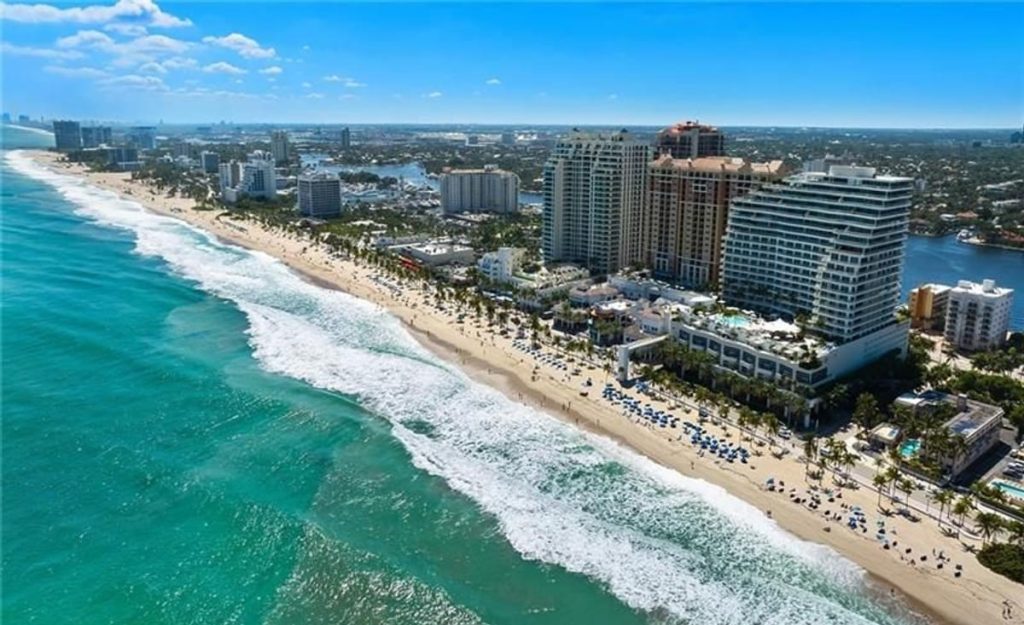Governor Ron DeSantis’s new legislation, Senate Bill 4-D has created significant challenges for timeshare owners in Florida. Aimed at improving safety and ensuring structural integrity, the law mandates stricter reserve funding and structural assessments for multi-story buildings. While the intention is to prevent disasters like the Surfside condo collapse, the impact on timeshare owners has been severe, turning an already risky investment into an overwhelming burden.

Timeshares were already considered problematic, with inflexible terms, high fees, and diminishing resale values. The new regulations have intensified these financial issues. Associations are now scrambling to fund overdue maintenance, resulting in sudden fee hikes and special assessments. Many owners, who once saw their timeshares as a low-cost vacation option, are now facing substantial financial distress.

One of the biggest problems lies in years of deferred maintenance and underfunded reserves by timeshare HOAs. Previously, associations kept fees low by waiving reserve contributions, attracting more buyers at the expense of long-term stability. Now, with the new legislation, these associations can no longer ignore structural issues, and owners are facing massive bills to make up for past mismanagement, straining those with limited or fixed incomes.

The legislation has exposed a critical flaw in the timeshare model: the absence of a solid financial safety net. Maintenance issues that were once deferred are now urgent, forcing owners to cover the costs. Retirees and low-income individuals are particularly hard-hit, making timeshare ownership increasingly burdensome. The crisis is exacerbating the already significant challenges of trying to exit timeshare agreements.

Another major consequence of the new regulations is the collapse of the already struggling resale market. Timeshares, once difficult to sell, are now almost impossible to offload. Some owners are paying people to take them off their hands. The fear of sudden, exorbitant fees has scared off potential buyers, trapping current owners in financial turmoil. Some have resorted to loans or depleting their savings, while others are abandoning their investments and risking damage to their credit.

In the long term, the hope is that these reserve requirements will lead to more stable and safer timeshare properties. However, for those caught in the immediate fallout, stability feels far off. The dream of affordable vacations has been replaced by financial stress and skyrocketing fees, causing many to question whether timeshares were ever a wise investment.





